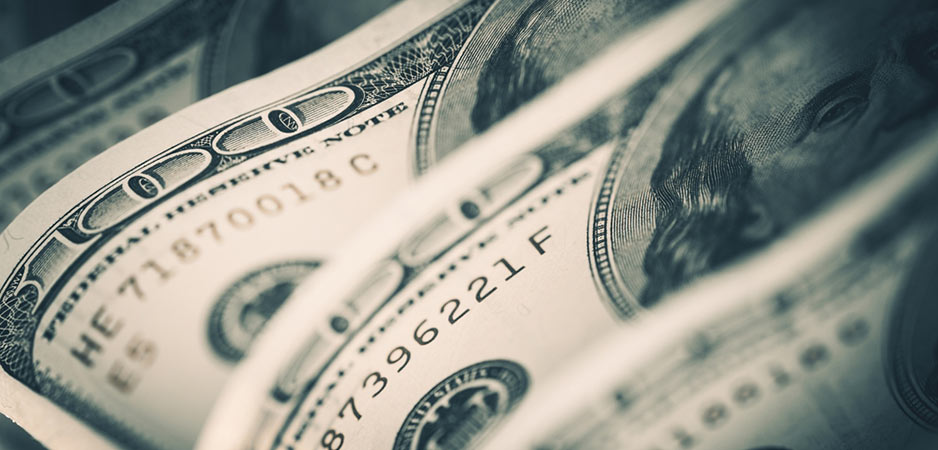

The World has reserves about its Reserve Currency
 Upper- advanced
Upper- advanced
2020/08/13 20:55
1. liquidity (n)
the fact of being available in the form of money, rather than investments or property, or of being able to be changed into money easily
2. touted (v)
to advertise, talk about, or praise something or someone repeatedly, especially as a way of encouraging people to like, accept, or buy something
3. abated (v)
to become less strong
4. seismic (adj)
having very great and usually damaging effects
5. pundits (n)
a person who knows a lot about a particular subject and is therefore often asked to give an opinion about it
6. skirmish (n)
a fight between a small number of soldiers that is usually short and not planned, and happens away from the main area of fighting in a war
The World has reserves about its Reserve Currency

When the US federal government injected liquidity that could potentially total as much as $6 trillion into an economy that was forced to shut down as a response to a pandemic, nearly everyone agreed that it was necessary to prevent the risk of an instantaneous depression.
Even the fiscally conservative Republicans accepted the exceptional injection of trillions, partly because the government’s generosity favored corporations more than real people, but principally because they believed it would only be a temporary fix. They predicted that by the end of the summer, the US economy would experience a V curve that would set it back on what they touted as its normal track. They assumed that by then, the coronavirus would have seriously abated.
But the pandemic not only failed to abate, it surged forward with new vigor. In the past few weeks, the US economy has entered panic mode as a significant number of consumers, those who keep the economy going, are rapidly losing any hope of disposing of the resources that allow them to keep consuming. In many cases, they can no longer purchase the food to feed their families or to pay their mortgage or rent.
The chaos brought about by COVID-19 — the disease caused by the novel coronavirus — has reached the crucial point of demonstrating the degree to which the economic and social system of the US, and even the American empire, may be broken beyond repair. The media and the pundits have largely focused on the obvious, calling for alleviating misery and applying short-term solutions.
It is quite possibly a subject everyone in US politics or the media fears invoking: the increasingly evident risk of the collapse of the dollar as the world’s reserve currency. And although for the moment there is no credible candidate to replace it, the dollar’s enduring weakness could point toward a seismic shift in the offing.
If a crash were to occur, some other solution would have to emerge immediately. Bitcoin has proved robust enough to justify the belief that a cryptocurrency might be able to get the job done. The Chinese have become experts in the use of digital payments. They pay for everyday objects with their smartphones instead of cash or card. It is no secret that the Chinese government is engaged in developing its own cryptocurrency.
Yet managing the health of a currency through improvised skirmishes in a trade war will probably have the opposite long-term effect. The almighty dollar has simply lost most of its muscle.
Resource: https://www.fairobserver.com/region/north_america/peter-isackson-us-dollar-global-reserve-us-federal-reserve-currency-us-economy-world-news

- What can cause a currency to depreciate?
- Why foreign currency reserves important?
“Banks do not create money for the public good. They are businesses owned by private shareholders. Their purpose is to make a profit.”
John Rogers


